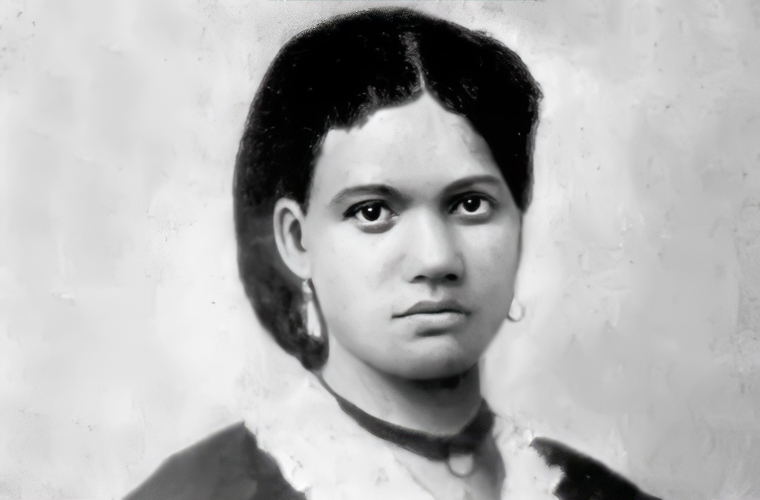Sally Hemings was an enslaved woman who lived in the United States in the late 18th and early 19th centuries. She was owned by Thomas Jefferson, the third president of the United States and one of the authors of the Declaration of Independence. According to historical evidence, including DNA tests, Jefferson fathered six children with Hemings, four of whom survived to adulthood and were freed by him. Hemings’ life and relationship with Jefferson have been the subject of controversy and debate for decades, as they challenge the image of Jefferson as a champion of liberty and equality.
Hemings was born in 1773 in Virginia. She was the daughter of Betty Hemings, an enslaved woman of mixed African and English ancestry, and John Wayles, a wealthy planter and lawyer who was also the father of Jefferson’s wife, Martha. Hemings was thus Martha’s half-sister and had a light complexion and straight hair. She came into Jefferson’s household as part of his inheritance from the Wayles estate in 1774.
In 1787, when Hemings was 14 years old, she accompanied Jefferson’s youngest daughter, Mary, to Paris, where Jefferson was serving as the American minister to France. There, Hemings worked as a domestic servant and received wages and education. She also became involved with Jefferson, who was a widower since 1782. Hemings agreed to return with him to Virginia in 1789, on the condition that he would free their children when they reached adulthood.
Hemings lived at Monticello, Jefferson’s plantation in Virginia, until his death in 1826. She bore six children by him: Harriet (born 1795), Beverly (born 1798), an unnamed daughter (born 1799), Madison (born 1805), Eston (born 1808), and another Harriet (born 1801). Jefferson freed Beverly, Harriet, Madison, and Eston in his will or earlier. The two unnamed daughters died in infancy. Hemings remained enslaved until Jefferson’s daughter Martha Randolph unofficially freed her after his death. Hemings died in 1835 in Charlottesville, Virginia.
Hemings’ story is a remarkable one that reveals the complexities and contradictions of American history. She was a woman who endured slavery and sexual exploitation, but also exercised agency and negotiated some degree of freedom for herself and her children. She was a woman who was intimately connected to one of the most influential figures of the American Revolution, but whose existence was denied or ignored by many for generations. She was a woman who left behind a legacy of descendants who have contributed to various fields of art, science, politics, and culture.

